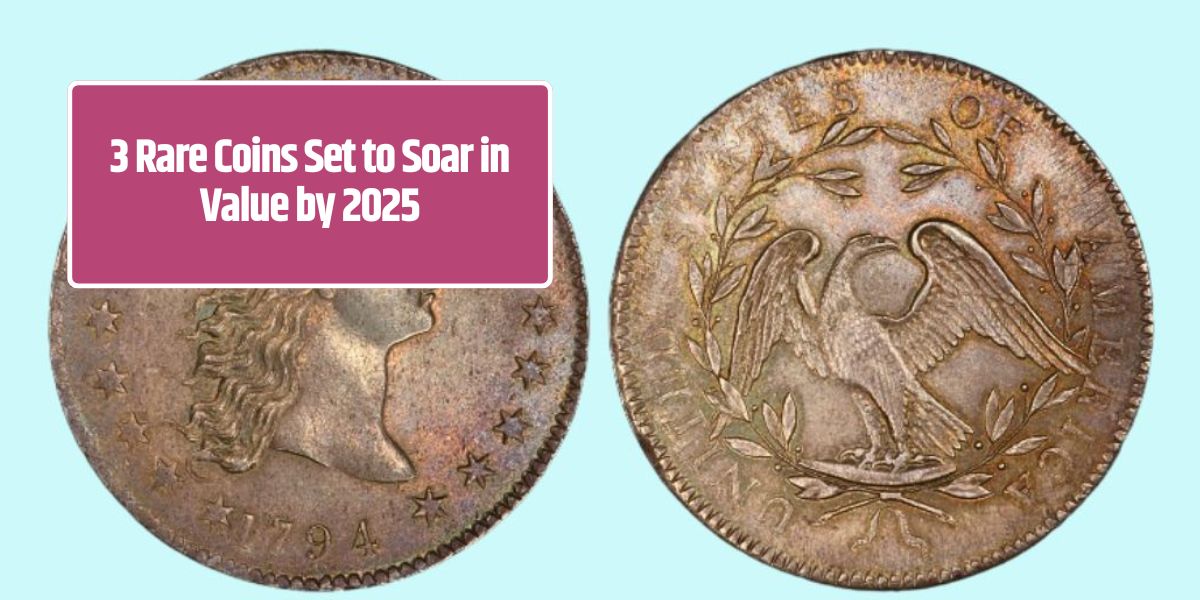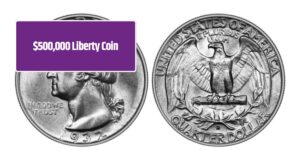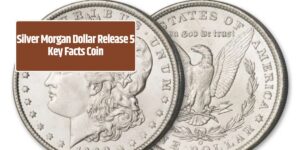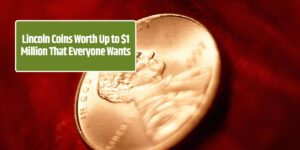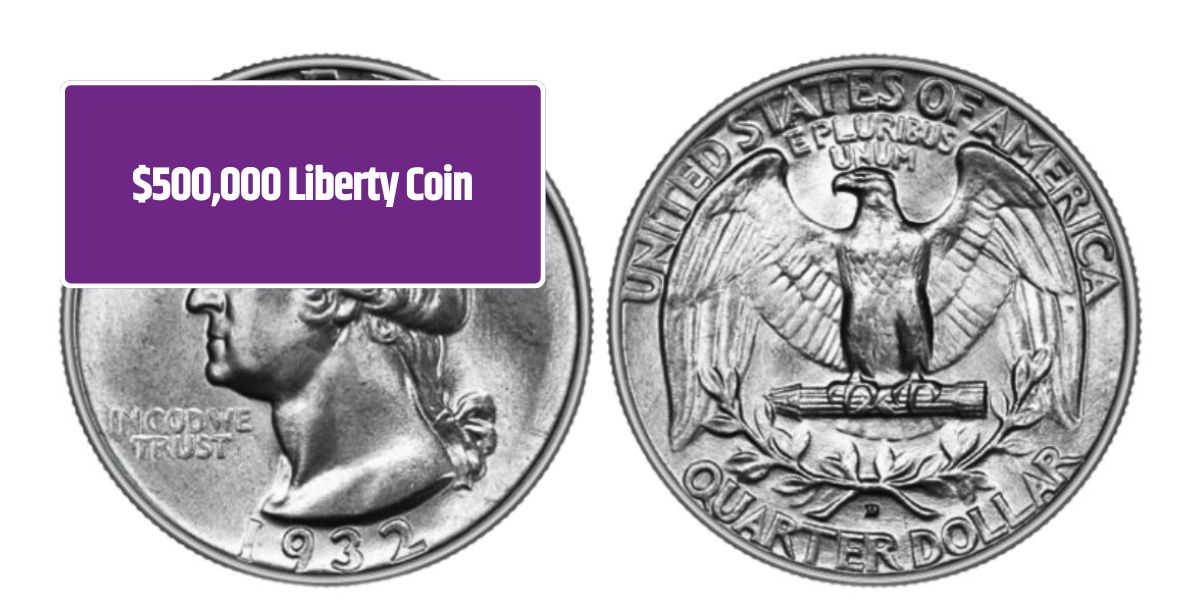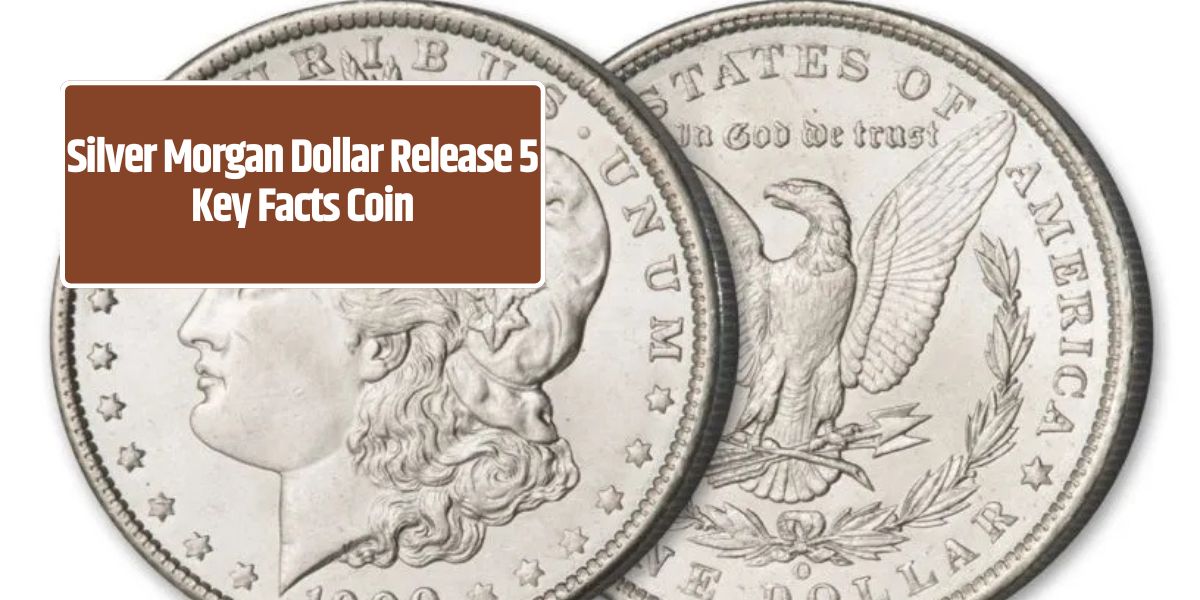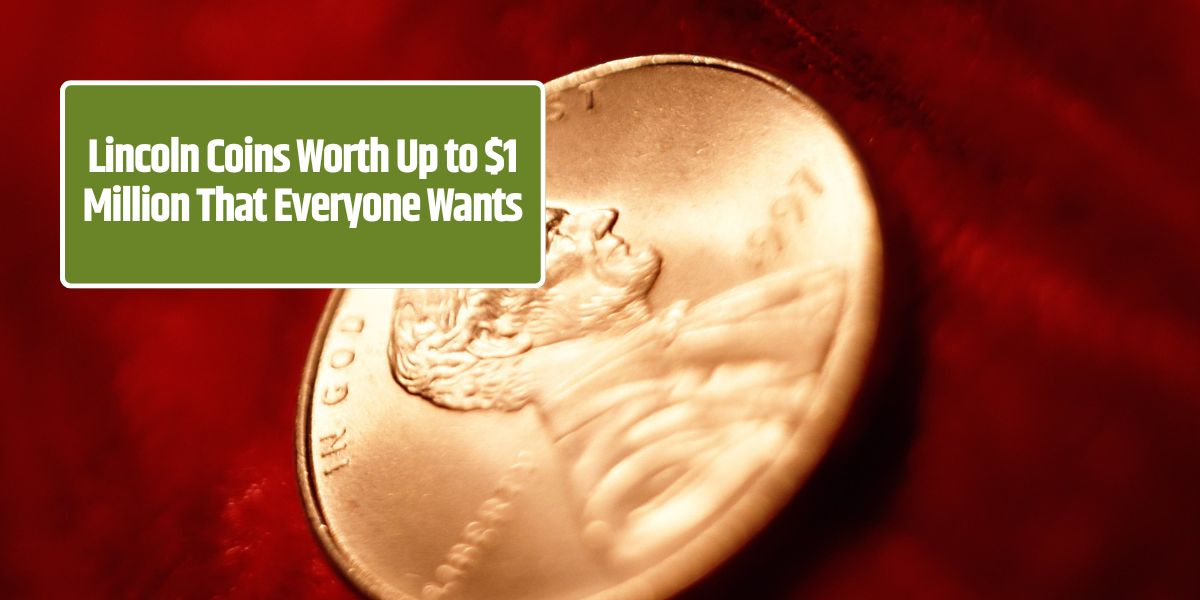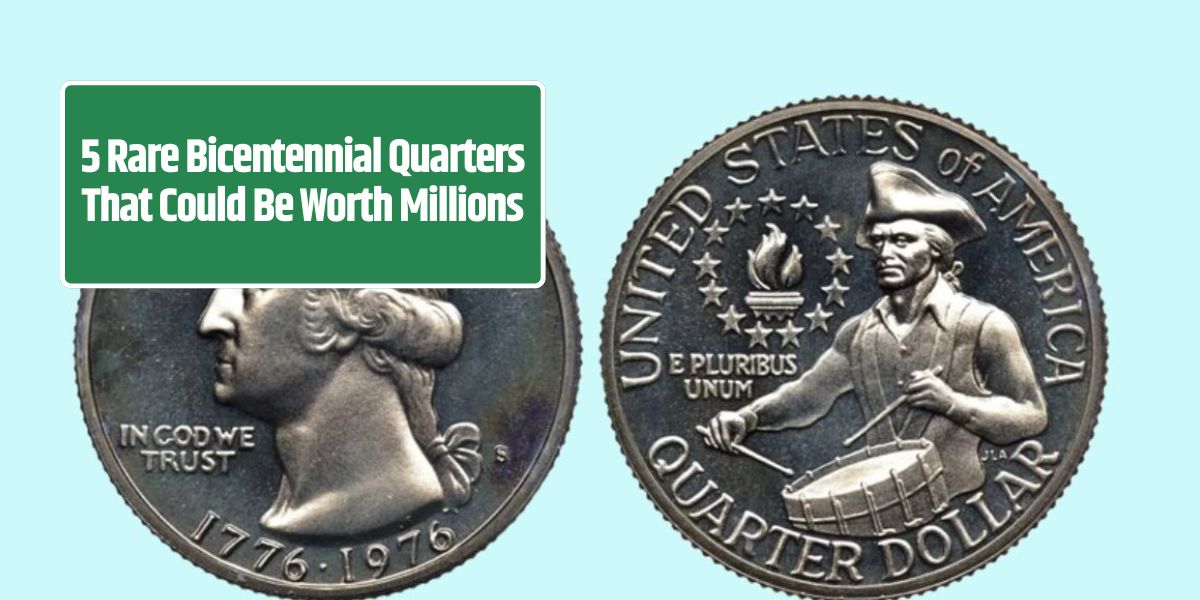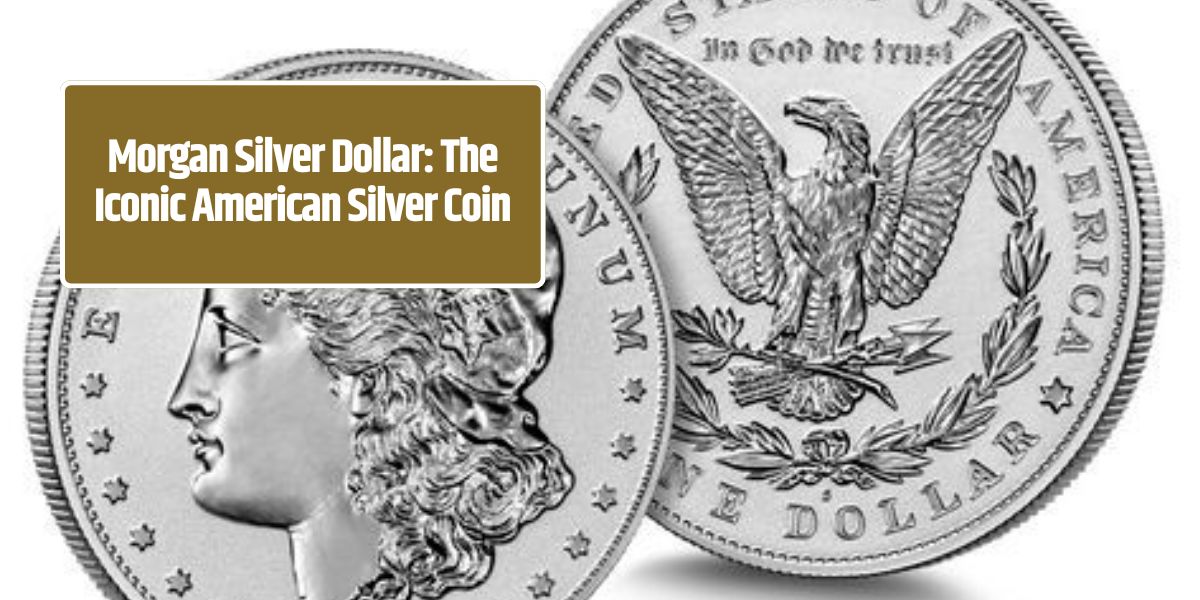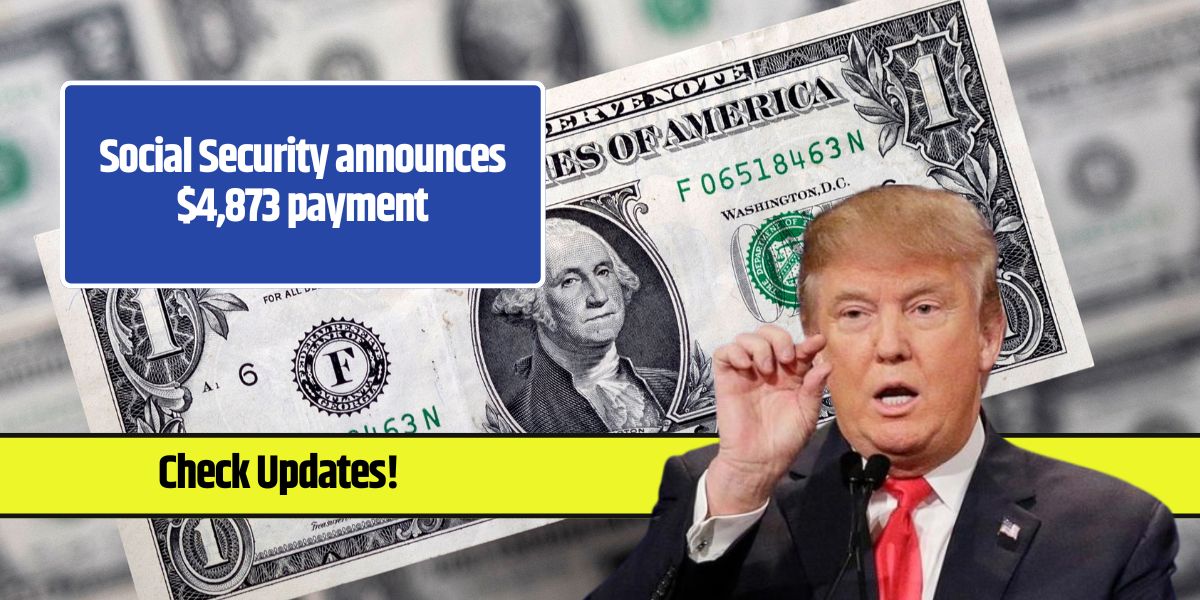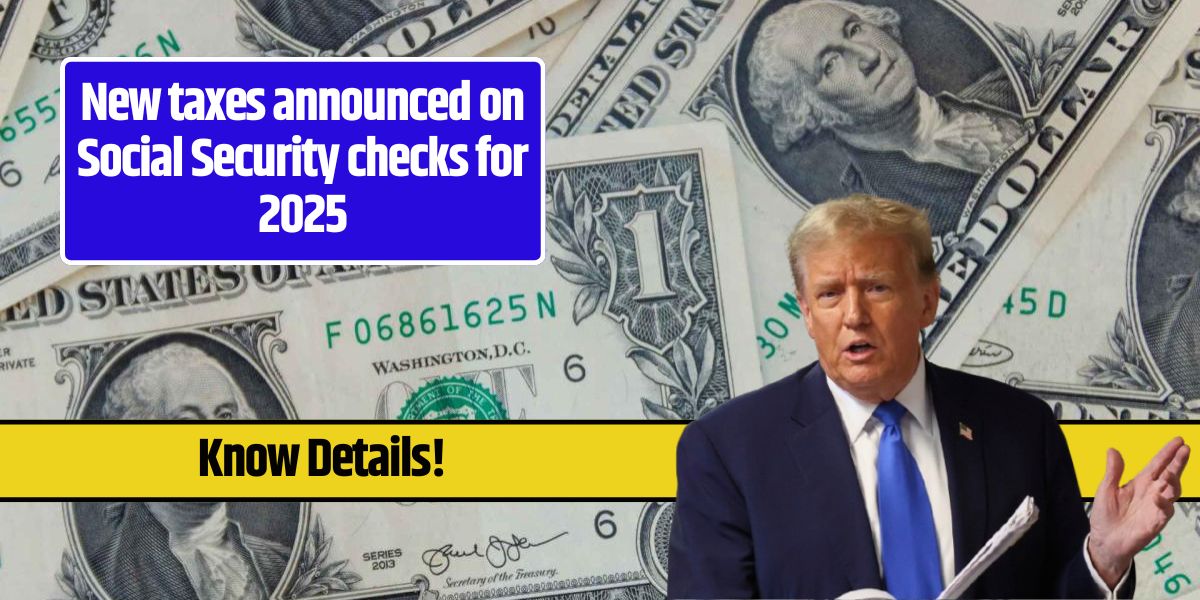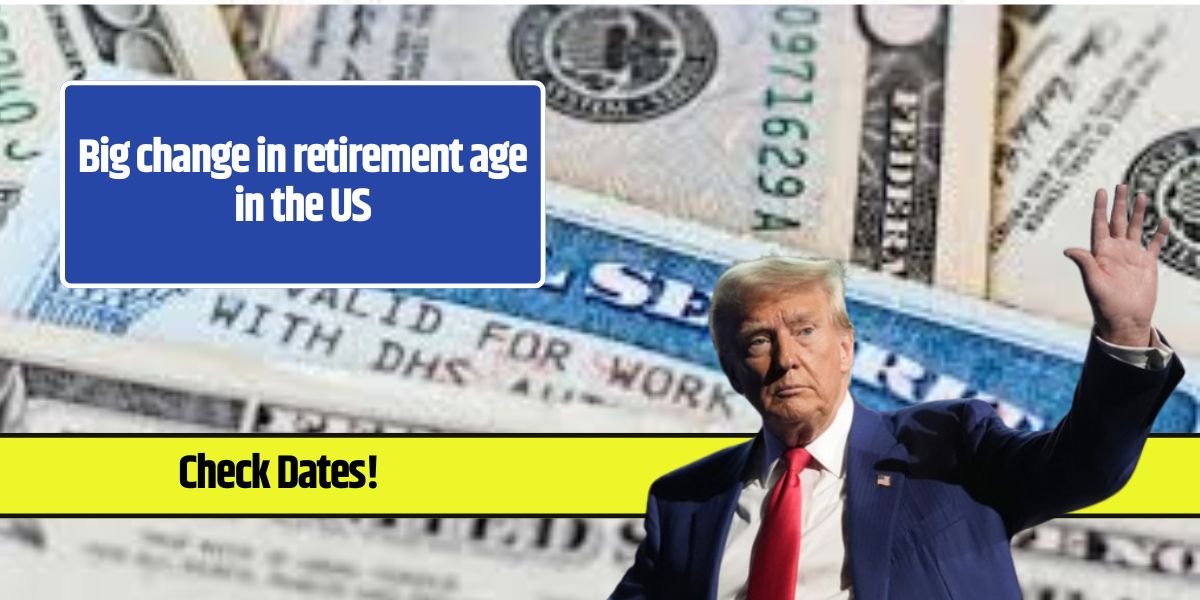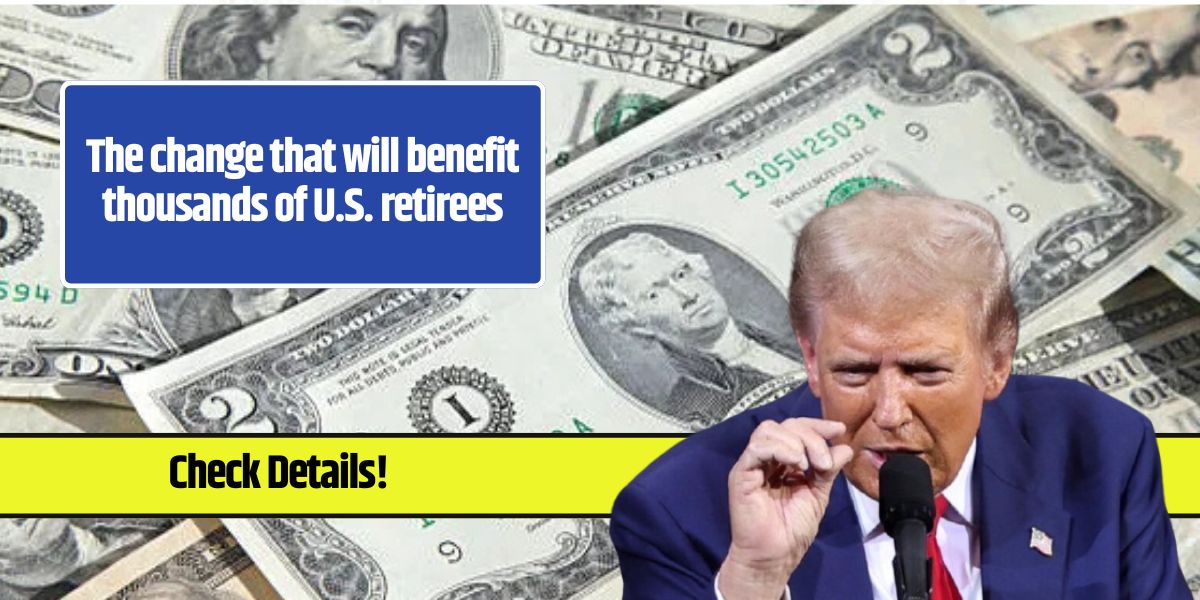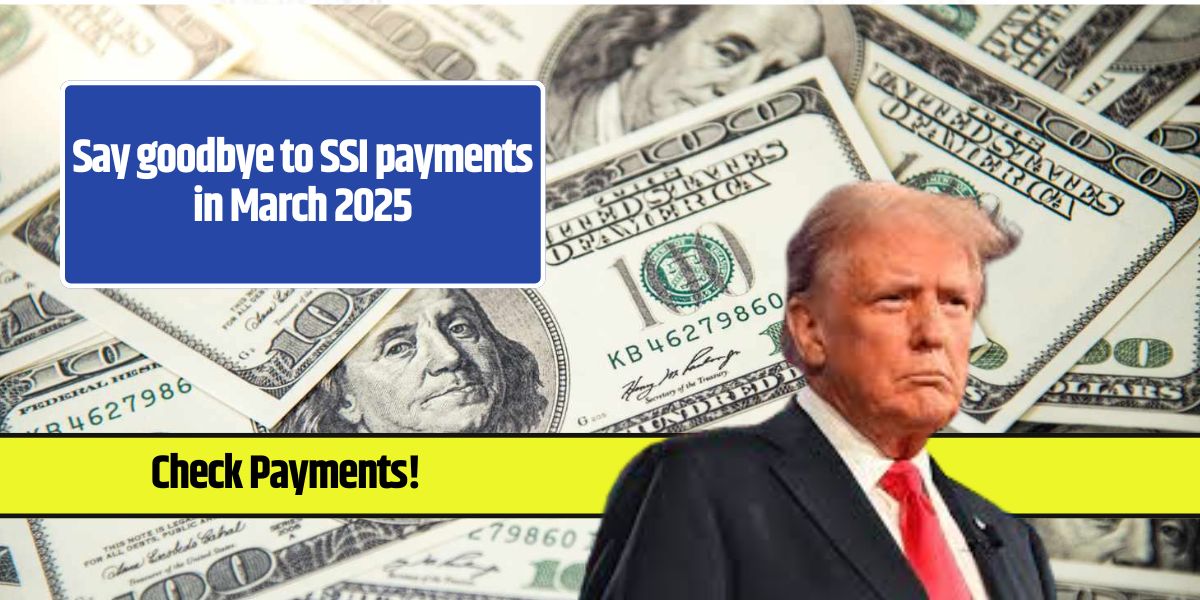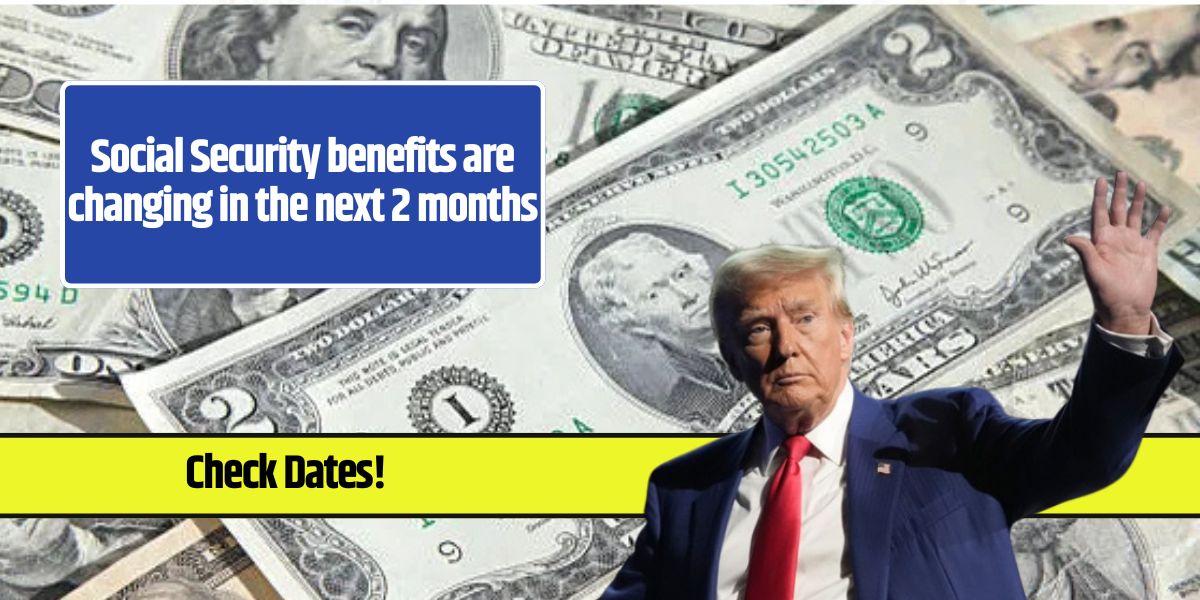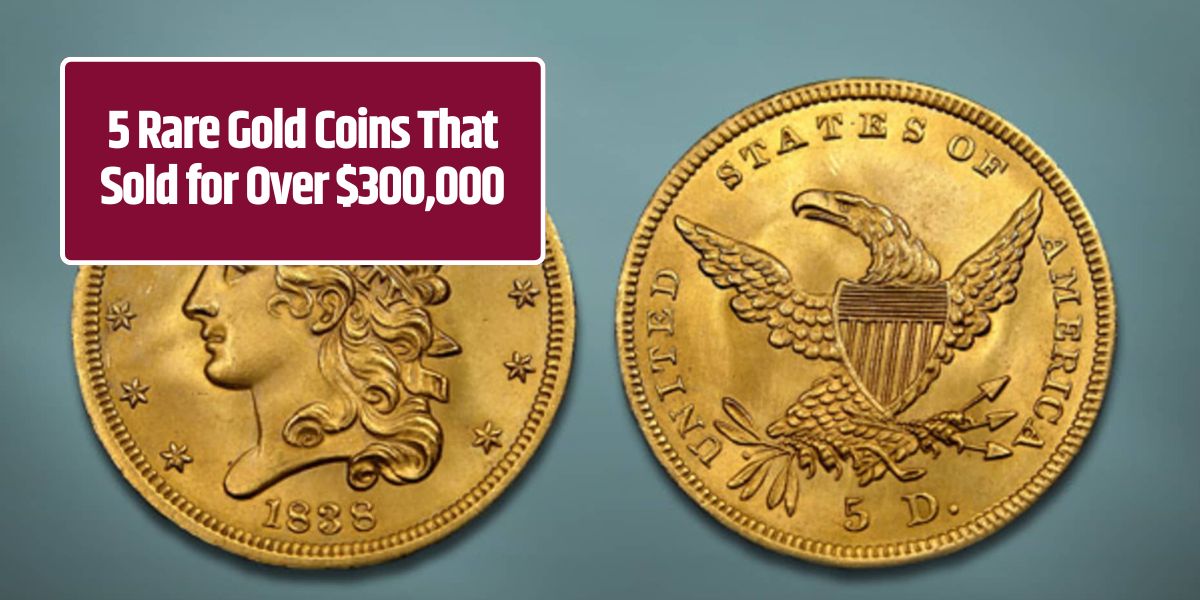The world of coin collecting is rich with unique and historically significant coins, and among these, the Bicentennial Quarter remains a standout. Released in 1975 and 1976 to honor the 200th anniversary of American independence, this quarter boasts a unique design and a fascinating backstory. Though rumors circulate about an extremely rare version valued at $2.2 billion, most Bicentennial Quarters are much more moderately priced. However, some rare editions, especially those with unique errors or silver content, still capture the attention of collectors.
Understanding the Bicentennial Quarter
The Bicentennial Quarter was issued with a special reverse design featuring a colonial drummer, accompanied by the dates “1776–1976.” This was a departure from the standard eagle design found on other U.S. quarters, symbolizing a patriotic nod to the nation’s heritage. This commemorative design and its unique two-year release period make the Bicentennial Quarter one of the most recognizable pieces of American coinage.
The Silver Bicentennial Quarter: A Collector’s Item
A limited number of Bicentennial Quarters were minted with 40% silver content, distinguishing them from the standard copper-nickel clad versions. These silver quarters, produced in San Francisco, were released primarily for collectors and were not intended for general circulation. Today, they are valued between $5 and $20, depending on their condition, making them accessible but valued pieces for numismatists. The silver content adds a unique aspect that enhances the coin’s allure and value.
Rare Error Bicentennial Quarters
Error coins are always a prized find among collectors, and the Bicentennial Quarter has its share of unique error varieties. Common errors include double dies, off-center strikes, and mistakes in planchet use, all of which can significantly increase the value of a coin. Error varieties in the Bicentennial series can command up to $1,000, depending on the type and visibility of the error. These rare error coins add to the intrigue surrounding this commemorative quarter, as each error is a distinct piece of minting history.
Value of Circulated and Uncirculated Bicentennial Quarters
Circulated Bicentennial Quarters generally hold face value, but those in exceptional condition, showing minimal wear and with their original mint luster, can attract higher prices. Uncirculated quarters, particularly those from the Philadelphia and Denver mints, may be worth up to $10, especially if preserved in pristine condition. Collectors prize these coins as they exhibit the coin’s original beauty without signs of circulation wear.
| Coin Type | Composition | Mint Location | Estimated Value | Key Characteristics |
|---|---|---|---|---|
| Bicentennial Quarter | Copper-Nickel Clad | Philadelphia | Face Value | 1776-1976 design |
| Silver Bicentennial Quarter | 40% Silver | San Francisco | $5 – $20 | Collector’s edition |
| Error Bicentennial Quarter | Varies | Varies | Up to $1,000 | Rare error varieties |
| Circulated Bicentennial Quarter | Copper-Nickel Clad | Philadelphia & Denver | Up to $100 | High-grade condition |
| Uncirculated Bicentennial Quarter | Copper-Nickel Clad | Philadelphia & Denver | Up to $10 | Mint condition |
What Makes the Bicentennial Quarter Special?
The Bicentennial Quarter’s appeal lies not only in its commemorative design but also in its diversity. From silver collector’s editions to error varieties, this coin encompasses a wide range of collectible features, which explains its enduring popularity. Despite the rumors of an extraordinarily valuable $2.2 billion coin, the average collector finds great satisfaction in acquiring well-preserved or unique versions of the quarter, each carrying a slice of American history.
What is the most valuable Bicentennial Quarter?
The most valuable Bicentennial Quarters are typically error coins, with some fetching up to $1,000 depending on the error type. Uncirculated silver versions are also valuable, ranging from $5 to $20.
Are all Bicentennial Quarters silver?
No, most Bicentennial Quarters are copper-nickel clad. Only a select number were minted in 40% silver and were sold primarily to collectors.
How can I tell if my Bicentennial Quarter is valuable?
Look for unique errors, a high-grade uncirculated condition, or a 40% silver composition. Coins with minimal wear or error varieties generally carry a higher value.

